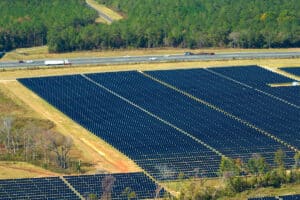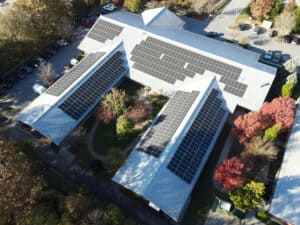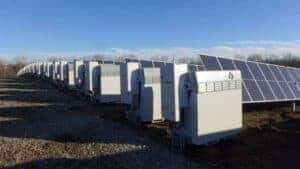Energy use in the future is a hot topic today. There have been so many advancements in the energy space in recent years. For this reason, Inside Columbia decided to feature EnergyLink CEO, Chris Ihler, along with several other local leaders in the energy industry in a CEO Roundtable to discuss “How To Meet Energy Demands Amid a Changing Climate.” It was featured in the September issue of Inside Columbia’s, CEO magazine.
CEO Roundtable: The Importance of Reducing Demand Spikes
One topic Ihler discussed was the importance of reducing energy demand spikes, which make up the largest portion of your energy bill and your energy use overall.
As Inside Columbia’s Olivia DeSmit recounted from Ihler’s interview, “One method that some cities are employing is a bifurcated billing schedule, Ihler says. This involves having higher energy costs for certain times of day — during peak demand — and lower costs during other times of day, such as at night.”
“I personally think that if we focus our efforts on driving down that coincident spike, it’s actually the most sustainable or the highest layer of stewardship on the electric side that we can promote right now for our local community,” Ihler continues. This is one way of focusing on the long-term versus the short-term. “If we are able to cut the coincident demand spike now, our community won’t have to invest money into our own grid five or 10 years from now in order to keep up with that instantaneous spike.”
The Need for More Education on Energy
DeSmit noted that, “a common thread throughout the conversation was that education is an essential asset when it comes to environmental consciousness. ‘One of the things that I see from our customers (commercial, multifamily and industrial users) is that there are things that we know about the big levers that move the economy that they don’t understand,’ Ihler says.
‘Eight times out of 10, I can talk to a customer who understands that they get billed for the energy that they use, but they have no idea how that’s applied or how it’s used or what that means. They just know they get billed for it. There’s a disconnect when it comes to demand and how that can affect their community and our power grid. And so I think along with whatever misinformation may be going around, there’s actually just some clarity that could be provided with some simple education.'”






